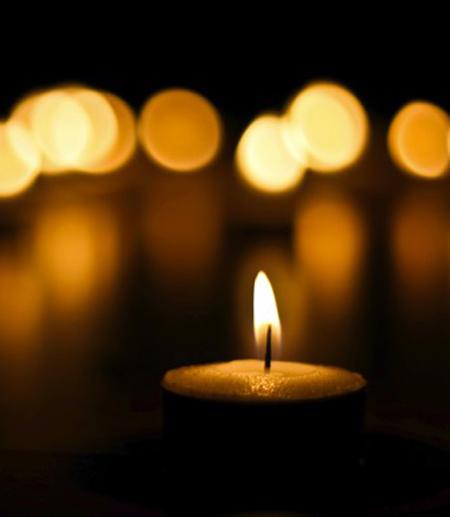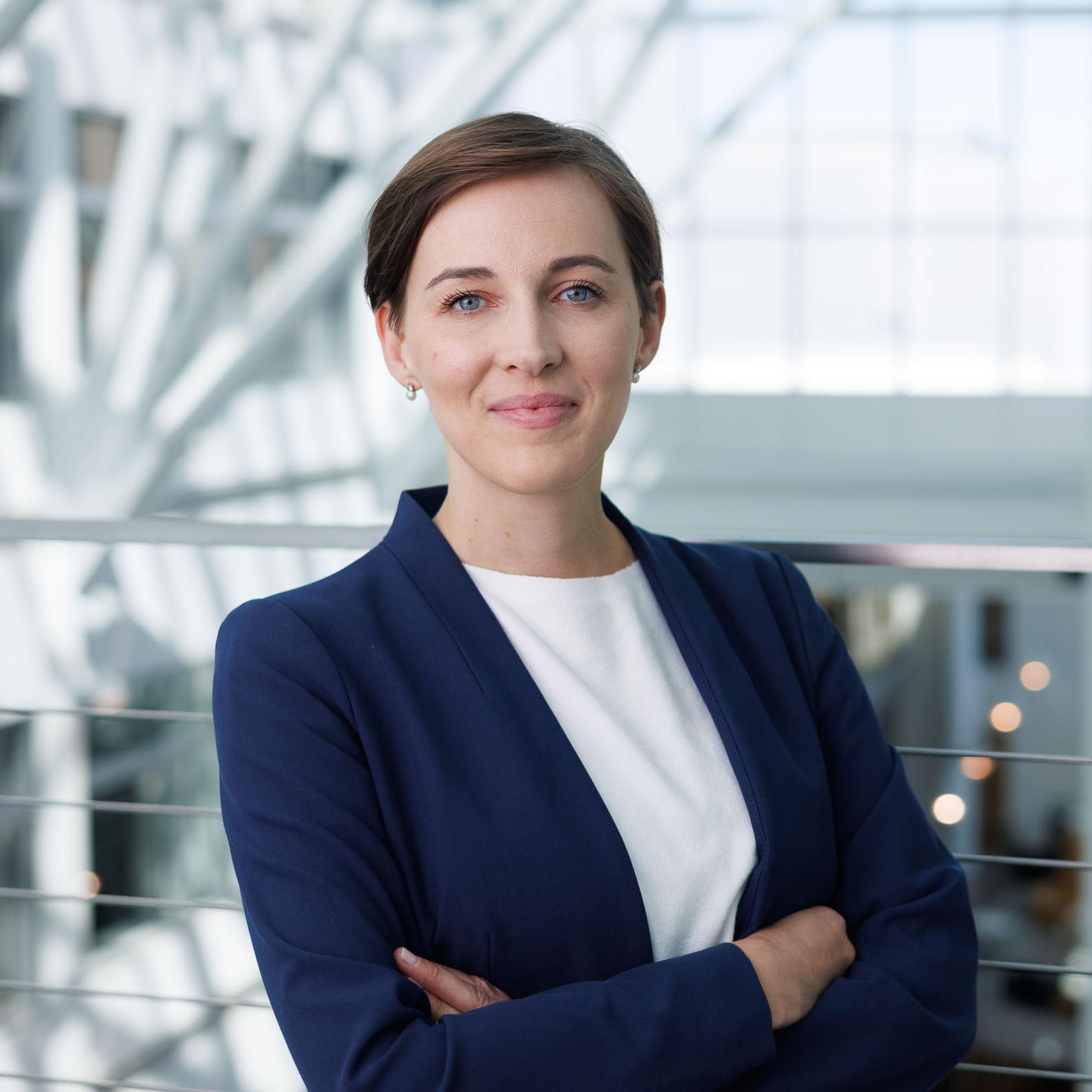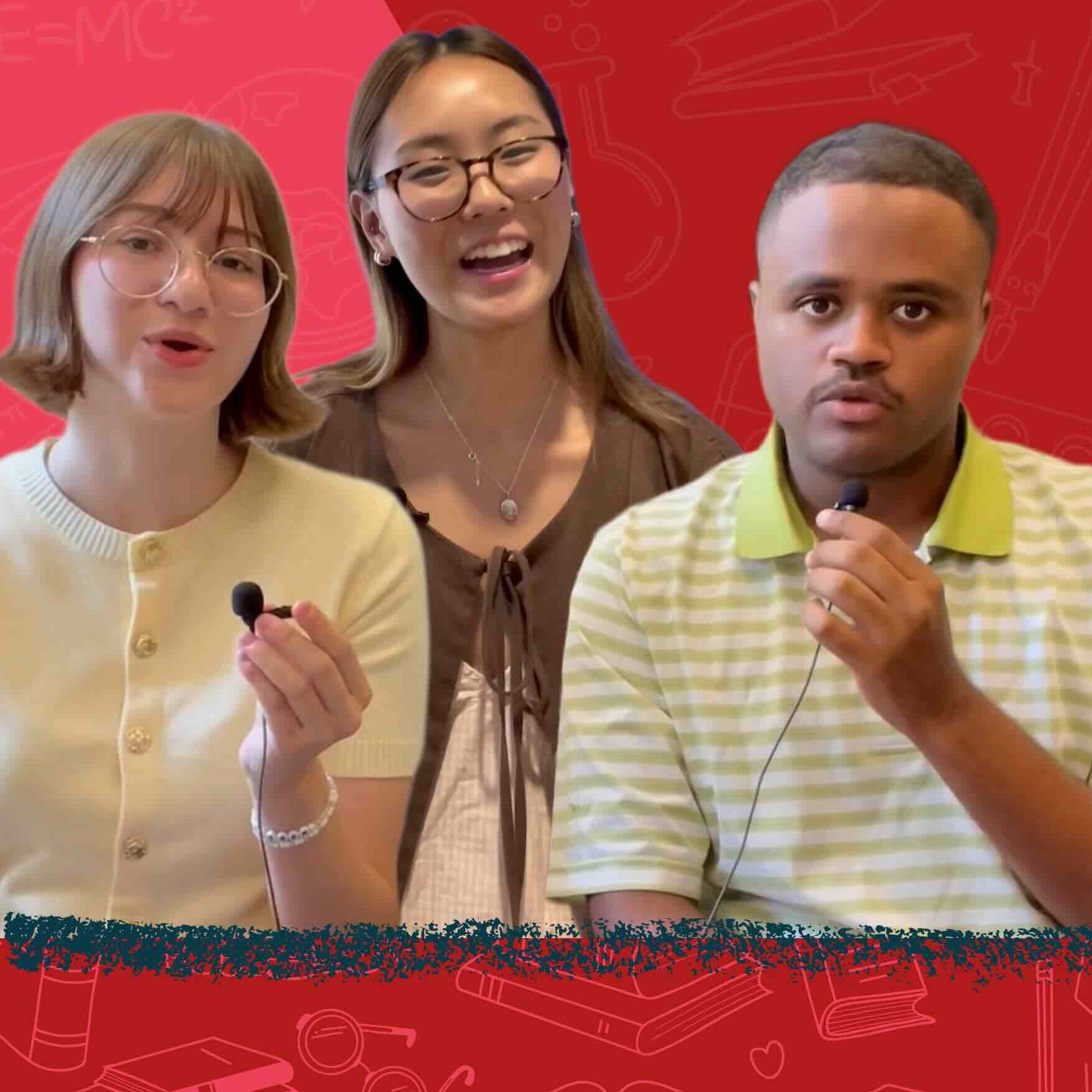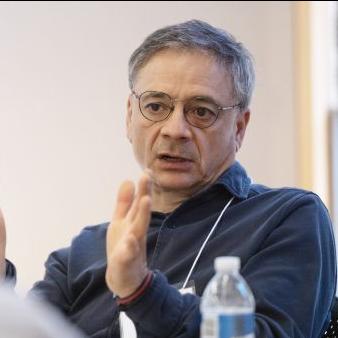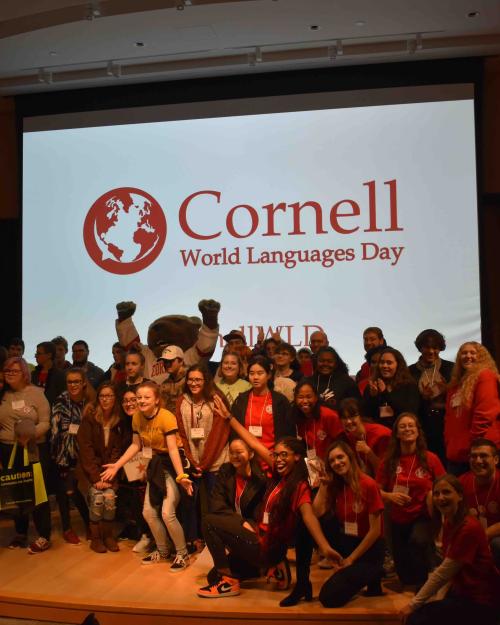To celebrate Cornell’s commitment to fostering global literacy and cross-cultural understanding, the Language Resource Center in the College of Arts and Sciences hosts World Languages Day — an event that shares with middle and high school students the diverse opportunities available for language learning on a university campus and the importance of connecting with people across the globe.
For the first time, this year’s event, on Oct. 26, is open to all middle and high school students from throughout the community. Pre-registration for this free event is required.
“By involving all members of the Cornell community in World Languages Day, we create bridges between and among individuals and cultures,“ said Angelika Kraemer, director of the Language Resource Center.
The 10 a.m. to 3 p.m. event begins with a welcome talk by Daria Badger ’26, who will share her experiences studying abroad in Taiwan and the impact language and culture learning has had on her life. Throughout the day, participants can attend sessions on various tracks including American Sign Language, Bangla, French, German, Korean, Turkish and Ukrainian, as well as sessions about study abroad, Southeast Asia and the secret to language learning. In each session, students will not only study the language, but will also learn about the lives of the people who speak it, the food they eat and the festivals they celebrate.
An information fair in the afternoon will showcase various campus units with global focus areas and student organizations. Student clubs will perform during lunch. For more information and to register, visit WLD 24.
“It’s a fantastic opportunity to learn about other languages and cultures, connect with other students and Cornell faculty, and engage in new ways of thinking,“ said Anna Marchetti ’28, who attended last year’s event as a high school senior and will volunteer at the event this year. “I had a ton of new experiences there, such as learning phrases in ASL, taking a K-pop dance class and being immersed in an Indigenous language.“
Cornell offers instruction in almost 60 languages, located within eight departments and programs within A&S. Some courses are also taught through the Shared Course Initiative, an agreement with Columbia and Yale universities.
“I have a deep interest in learning Mandarin, and since coming to Cornell, I have been enrolled in a Mandarin class every semester, and plan to continue until graduation,“ Badger said.
Students in A&S have to complete a language requirement as part of their degree program.
“In times of global unrest, it is crucial to celebrate different languages and cultures and allow the future generation to engage with new experiences and individuals from different backgrounds firsthand,“ Kraemer said. “WLD brings people closer together and fosters cross-cultural understanding on and beyond campus.“
The four-year-old event is organized by the Language Resource Center and Upward Bound and sponsored by many campus units, as well as the Office of the Vice Provost for International Affairs, the College of Arts and Sciences and the Einhorn Center for Community Engagement.
Elizabeth Lara-Rivera ’26 is a communications assistant for the College of Arts & Sciences.

